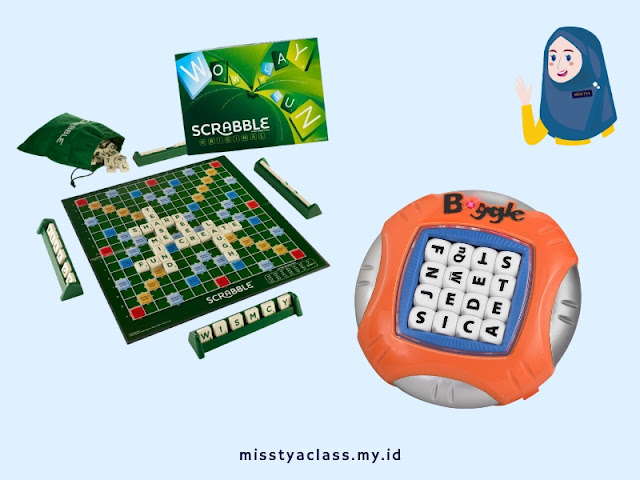Practice, practice, practice
The key to improving your English speaking skills is to practise as much as possible. Make a conscious effort to speak English as often as you can, even if it's just with yourself or with a language exchange partner. The more you practise, the more comfortable you will become with the language and the more confident you will feel.Surround yourself with English
One effective way to improve your confidence in speaking English is to surround yourself with the language as much as possible. Listen to English music, watch English films or TV shows, and read English books or articles. The more exposure you have to the language, the more natural it will feel to you, and the more confident you will become.Focus on fluency, not perfection
Many language learners put too much pressure on themselves to be perfect when speaking English, which can lead to a lack of confidence and fluency. It's important to remember that fluency is more important than perfection. Don't worry about making mistakes or sounding awkward. Instead, focus on communicating your message clearly and effectively.
Use positive affirmations
Positive affirmations can be a powerful tool for building confidence in speaking English. Before speaking, take a few deep breaths and repeat positive affirmations to yourself, such as "I am a confident English speaker" or "I can communicate effectively in English." This can help to calm your nerves and boost your confidence.Set achievable goals
Whenever I teach a new class, I like to start with a little chat to get to know my students better. And, of course, I always ask them what their goals are for learning English. Almost every time I ask questions such as "What are your objectives in learning English?" or "What do you hope to achieve by the end of this level?" I often receive responses like "I want to speak fluently" or "I want to speak like a native speaker".Seek feedback and correction
Getting feedback and correction from a teacher or language exchange partner can be incredibly helpful for improving your English speaking skills. Don't be afraid to ask for feedback on your pronunciation, grammar, and vocabulary. This will help you to identify areas for improvement and work on them to become a more confident English speaker.Embrace your mistakes
Finally, it's important to remember that making mistakes is a natural part of learning any new language. Don't be too hard on yourself when you make mistakes or struggle to find the right words. Instead, embrace your mistakes as opportunities to learn and improve. The more you practise and make mistakes, the more comfortable you will become with the language and the more confident you will feel.In conclusion, gaining confidence in speaking English is a journey that requires patience and dedication. It is important to remember that everyone has to start somewhere and that progress can only be made through consistent practice and exposure to the language. Along the way, it is crucial to give yourself positive affirmations and set achievable goals. Also, don't be afraid to make mistakes, as they are a natural part of the learning process. As a teacher, I am here to support and guide my students through their language learning journey. So, let's work together and approach this challenge with confidence and determination!
How about you? Have you got other strategies to boost your confidence in speaking English?






.jpg)






















